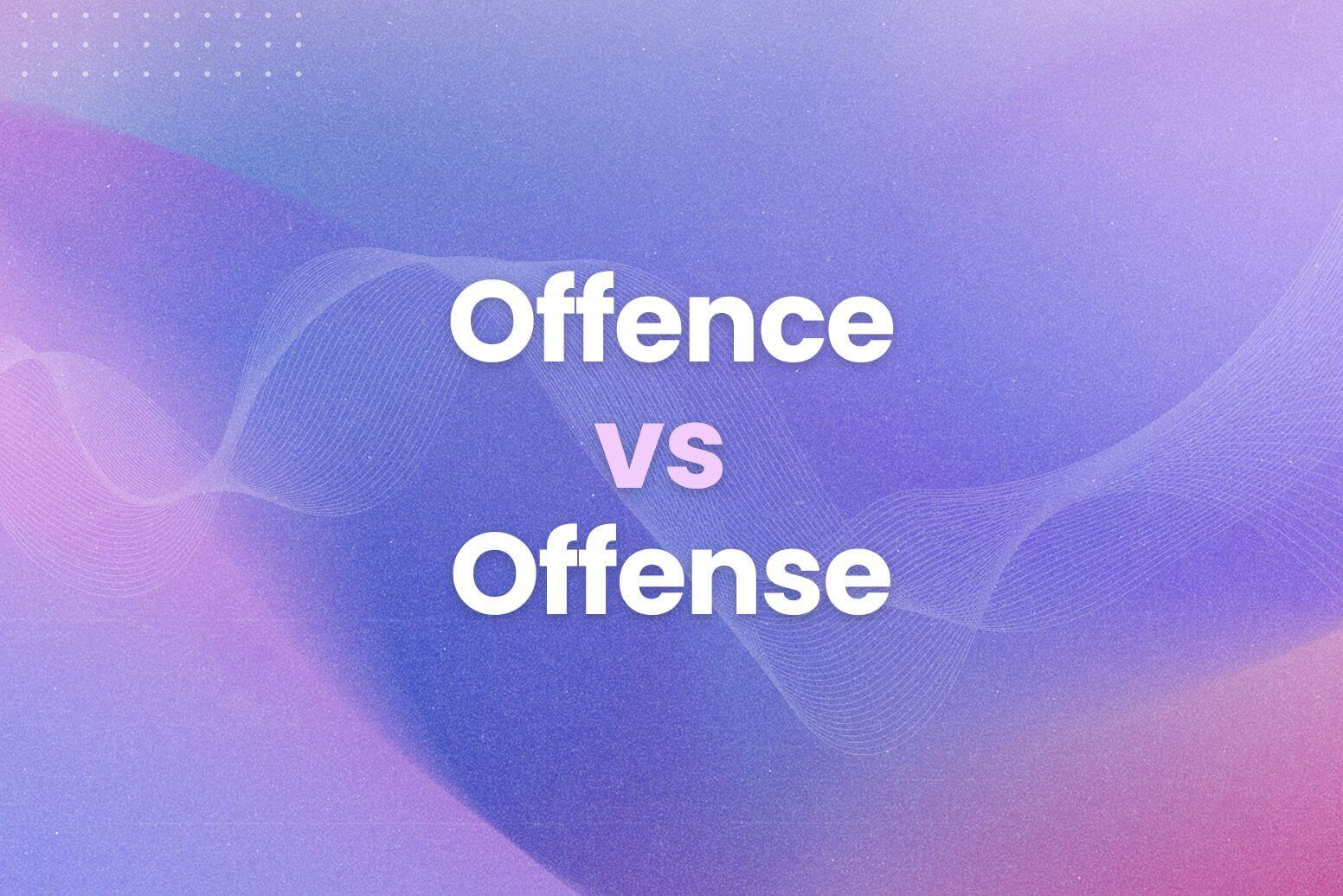Confused about breech vs breach? You’re not alone. These two words trip up many people. They sound similar, but their meanings are worlds apart. Getting them mixed up can lead to some awkward—or even embarrassing—situations. We’ll clear up the confusion once and for all.
This article will equip you with the knowledge you need to use each word correctly. No more second-guessing or embarrassing mistakes.
Here’s what we will cover:
- First of all, the definition of breech
- Secondly, the definition of breach
- Then, some real-world examples of each word in action
- Lastly, tips to remember the difference between them
Let’s get started.
The Definition of Breech
Breech has a few distinct meanings. First, and perhaps most commonly, it refers to the buttocks. For example, you might hear about a “breech birth” where a baby is delivered feet or buttocks first. Second, breech can describe the lower rear portion of something. Think of the breech of a gun. It’s the part where you load the ammunition. Third, in sailing, breech refers to a particular type of knot used to secure a rope.
So, breech can relate to anatomy, weaponry, and sailing. Quite a range, right? Knowing these different meanings is key to using the word correctly. For instance, you wouldn’t talk about a “breach birth”—that would be a completely different scenario.
The Definition of Breach
Breach, unlike breech, generally refers to a violation or break. Think of a “breach of contract.” This means one party has failed to fulfill their obligations. Similarly, a “security breach” involves unauthorized access to sensitive information. It’s a break-in, essentially. Moreover, breach can also describe a gap or opening. For instance, a “breach in the wall” suggests a hole or crack.
Therefore, breach often carries a negative connotation. It implies something has been broken, violated, or compromised. Consequently, you’ll often see it used in contexts involving law, security, and construction.
For example, imagine a company experiencing a data breach. This would mean their security systems were compromised, and sensitive data was exposed. This is quite different from a breech birth, highlighting the importance of knowing the difference between these two words.
Examples of Each Word in Action
Seeing words in context is one of the best ways to learn. So, let’s look at some examples of breech and breach in action.
Breech:
- “The baby was in a breech position, so a cesarean section was recommended.” (Anatomy)
- “The artilleryman carefully cleaned the breech of the cannon.” (Weaponry)
- “He secured the sail with a complex breech knot.” (Sailing)
Breach:
- “The hacker’s breach of the company’s server exposed customer data.” (Security)
- “There was a significant breach in the castle wall.” (Construction)
- “The company suffered a breach of contract, resulting in legal action.” (Law)
These examples show how the meaning of each word changes depending on the context. As a result, paying attention to the surrounding words is crucial for proper interpretation. For instance, the word “wall” strongly suggests that “breach” refers to a gap or opening. Conversely, “baby” clearly indicates a breech birth.
Tips to Remember the Difference Between Them
Okay, so breech and breach can be tricky. But don’t worry. We have some helpful tips to keep them straight.
First, think of breech as relating to the backside. Babies are in a breech position, and the breech of a gun is at the rear. This association with the rear can help you remember its meaning.
Second, breach often implies something broken or violated. A breach of contract, a security breach, a breach in a wall—all these scenarios involve a break or violation. Think of the “a” in breach as representing an “opening” or a “gap.” This visual cue can be a helpful reminder. Furthermore, you can use mnemonics. For example, “Breech births are a pain in the butt.” While a bit cheeky, it’s memorable. Similarly, “A breach in security is a break-in.” These associations can make a big difference.
Finally, when you’re unsure, take a moment to consider the context. What is the sentence about? Does it involve anatomy, weaponry, or sailing? If so, breech is likely the word you need. On the other hand, if the context involves violations, breaks, or openings, breach is the correct choice. Moreover, Arvin is a great tool to use. You can quickly check your writing with Arvin. Arvin can identify if you’ve used the correct word. This will help you avoid errors.
Breech vs Breach? Stop Second-Guessing Your Grammar with Arvin
Breech vs breach can be confusing, but with a little understanding and some helpful tips, you can use them correctly every time. Remember the key associations and consider the context. Now, go forth and conquer these tricky words.
Here’s a quick recap of what we covered on breech vs breach:
- Firstly, breech relates to the buttocks, the rear of something, or a type of knot.
- Secondly, breach refers to a violation, break, or opening.
- Lastly, context is key to determining the correct word.
Now that you understand the difference between breech vs breach, you can use them with confidence. But what about other grammar and word choice questions? Arvin, the AI-powered browser extension, is your ultimate tool.
Arvin can check your writing in real-time, ensuring you’re using the right words in the right way. No more second-guessing or embarrassing mistakes. With Arvin, you can write clearly and confidently.
FAQs About Breech vs Breach
What is the difference between breach and breech?
Breech refers to buttocks, the rear of something (like a gun), or a type of knot. Breach means a violation, break, or opening. Think breech = backside, breach = broken.
Is it security breech or breach?
It’s security breach. A breach implies a break-in or violation of security. A “breech” wouldn’t make sense in this context.
How do you use breach and breech in a sentence?
- “The baby was born in a breech position.” (Anatomy)
- “The company suffered a major security breach.” (Violation)
What is the difference between a break and a breach?
While both words can refer to something being broken, “breach” often carries a stronger connotation of violation or failure. A “break” can be a simple separation, while a “breach” often implies a violation of trust, security, or law. For example, you might “break” a bone, but a hacker would “breach” a firewall.






